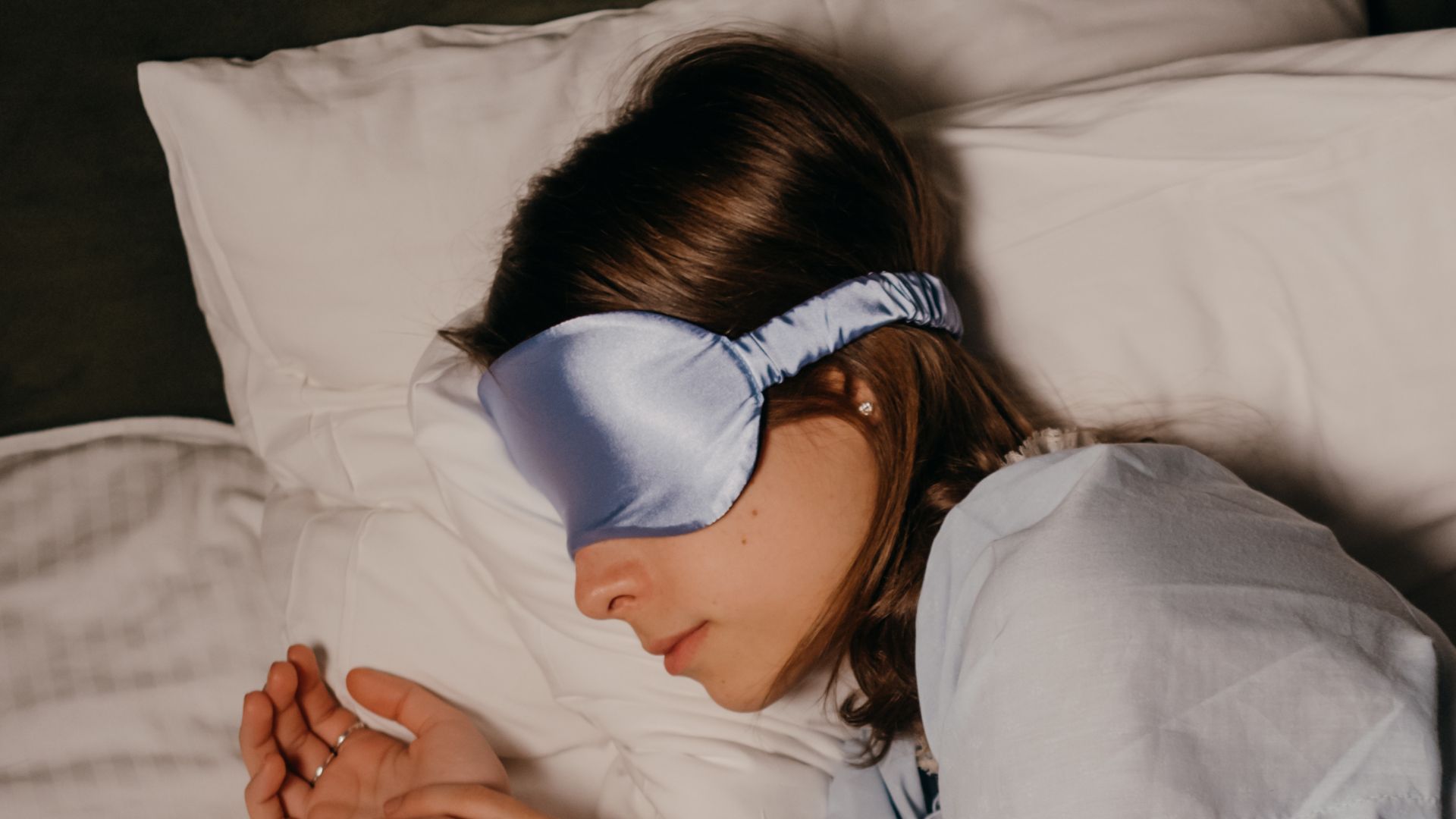Is cannabis good or bad for sleep

Is cannabis good or bad for sleep
In recent years, the debate surrounding cannabis and its impact on sleep has garnered significant attention. With the increasing legalization and accessibility of cannabis in Thailand many individuals are turning to this plant as a potential solution for sleep-related issues. However, the question remains: is cannabis truly beneficial for sleep, or does it pose risks? Let’s delve into the research to uncover the truth about cannabis and its effects on sleep quality.
Understanding the Components: THC vs. CBD
Cannabis contains hundreds of chemical compounds, but two primary cannabinoids often steal the spotlight: tetrahydrocannabinol (THC) and cannabidiol (CBD). THC is known for its psychoactive properties and is responsible for the euphoric “high” associated with cannabis use. On the other hand, CBD is non-intoxicating and has gained popularity for its potential therapeutic effects, including its calming and anti-anxiety properties.
The Potential Benefits of Cannabis for Sleep
Several studies suggest that cannabis may offer certain benefits for sleep. THC, in particular, has been found to possess sedative properties that could help individuals fall asleep faster and experience longer sleep duration. For individuals struggling with insomnia or other sleep disorders, cannabis may provide temporary relief by promoting relaxation and reducing anxiety levels.
Additionally, CBD has garnered attention for its potential to improve sleep quality indirectly. By alleviating symptoms of anxiety, stress, and pain, CBD may create a more conducive environment for sleep, leading to better overall sleep outcomes. Some research also suggests that CBD may regulate the sleep-wake cycle by interacting with receptors in the endocannabinoid system.
Exploring the Risks and Drawbacks
While cannabis may offer short-term benefits for sleep, it’s essential to consider the potential risks and drawbacks associated with its use. Regular cannabis consumption, particularly high-THC strains, can lead to tolerance, dependence, and withdrawal symptoms, all of which may worsen sleep quality over time. Additionally, chronic cannabis use has been linked to disruptions in REM sleep, the stage of sleep crucial for cognitive function and emotional regulation.
Moreover, individuals with certain medical conditions or mental health disorders may be more susceptible to the adverse effects of cannabis on sleep. For example, cannabis use may exacerbate symptoms of anxiety, depression, or PTSD, ultimately impairing sleep quality and exacerbating underlying health issues.
Navigating Individual Variability
It’s important to recognize that the effects of cannabis on sleep can vary widely among individuals. Factors such as genetics, dosage, frequency of use, and underlying health conditions can all influence how cannabis affects sleep quality. What works well for one person may not have the same effect on another.
Finding the Right Balance: Tips for Using Cannabis for Sleep
If you’re considering using cannabis as a sleep aid, it’s crucial to approach it with caution and moderation. Here are some tips to help you navigate the potential benefits and risks:
- Start low and go slow: Begin with a low dose of cannabis and gradually increase it as needed. This approach can help minimize the risk of adverse effects and tolerance development.
- Choose the right strain: Different cannabis strains contain varying levels of THC and CBD, each with its own unique effects on sleep. Experiment with different strains to find the one that works best for you.
- Consider timing: Timing is key when using cannabis for sleep. Consuming cannabis too close to bedtime may interfere with sleep architecture and leave you feeling groggy the next day. Aim to consume cannabis at least a few hours before bedtime to allow its effects to peak when you’re ready to sleep.
- Practice moderation: While cannabis may offer temporary relief for sleep issues, relying on it as a long-term solution may lead to dependence and worsen sleep quality over time. Use cannabis sparingly and consider incorporating other sleep-promoting strategies into your routine, such as maintaining a consistent sleep schedule, creating a relaxing bedtime routine, and practicing stress-reduction techniques.
- Consult with a healthcare professional: If you have underlying health conditions or concerns about using cannabis for sleep, it’s essential to seek guidance from a qualified healthcare professional. They can provide personalized advice and help you navigate the potential benefits and risks of cannabis use.
In Conclusion
The relationship between cannabis and sleep is complex, with both potential benefits and risks to consider. While cannabis may offer temporary relief for sleep issues, its long-term effects on sleep quality and overall health warrant careful consideration. By approaching cannabis use with caution, moderation, and informed decision-making, individuals can maximize potential benefits while minimizing the risks. As always, consulting with a healthcare professional is advisable before incorporating cannabis into your sleep routine to ensure that it aligns with your individual needs and circumstances.























